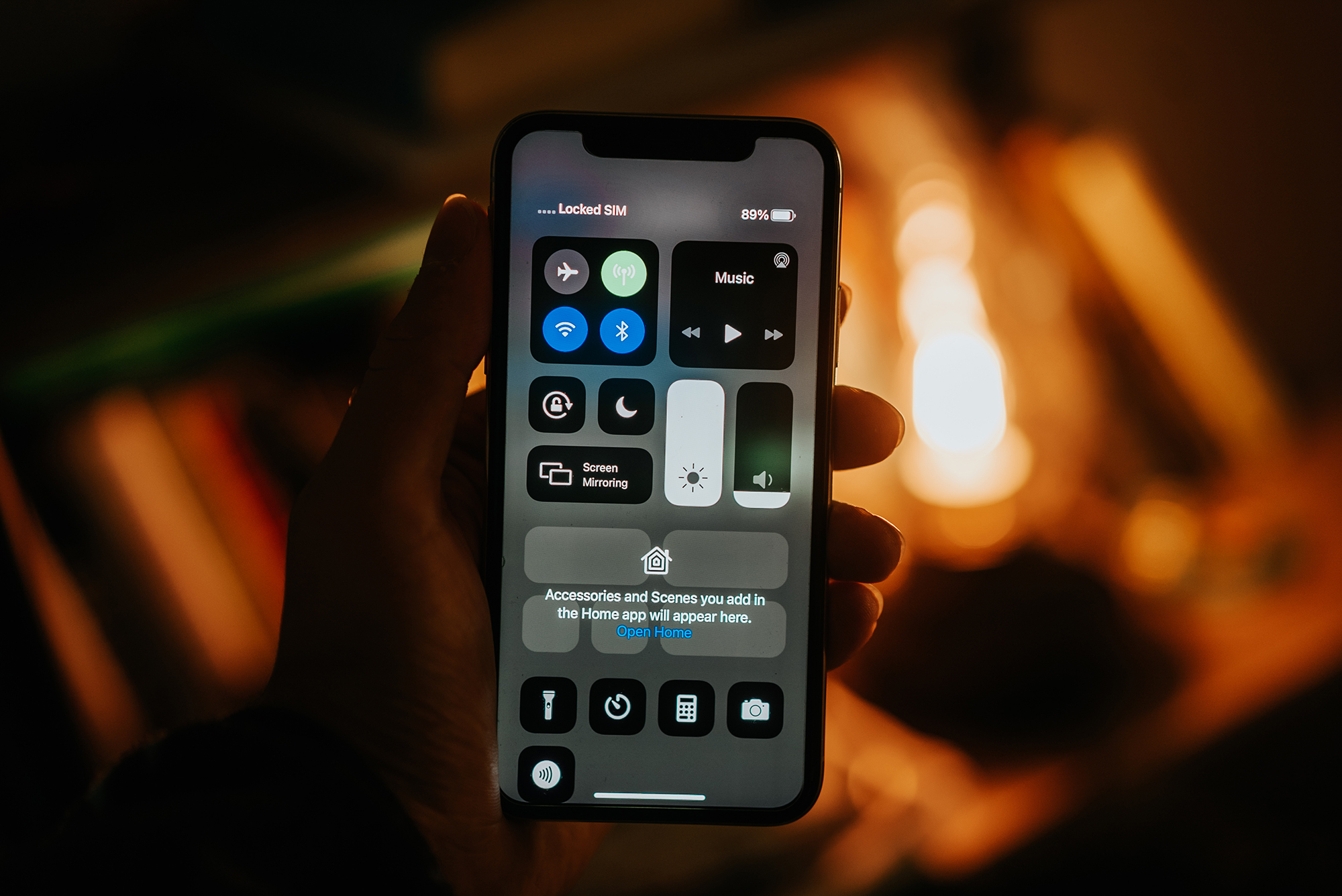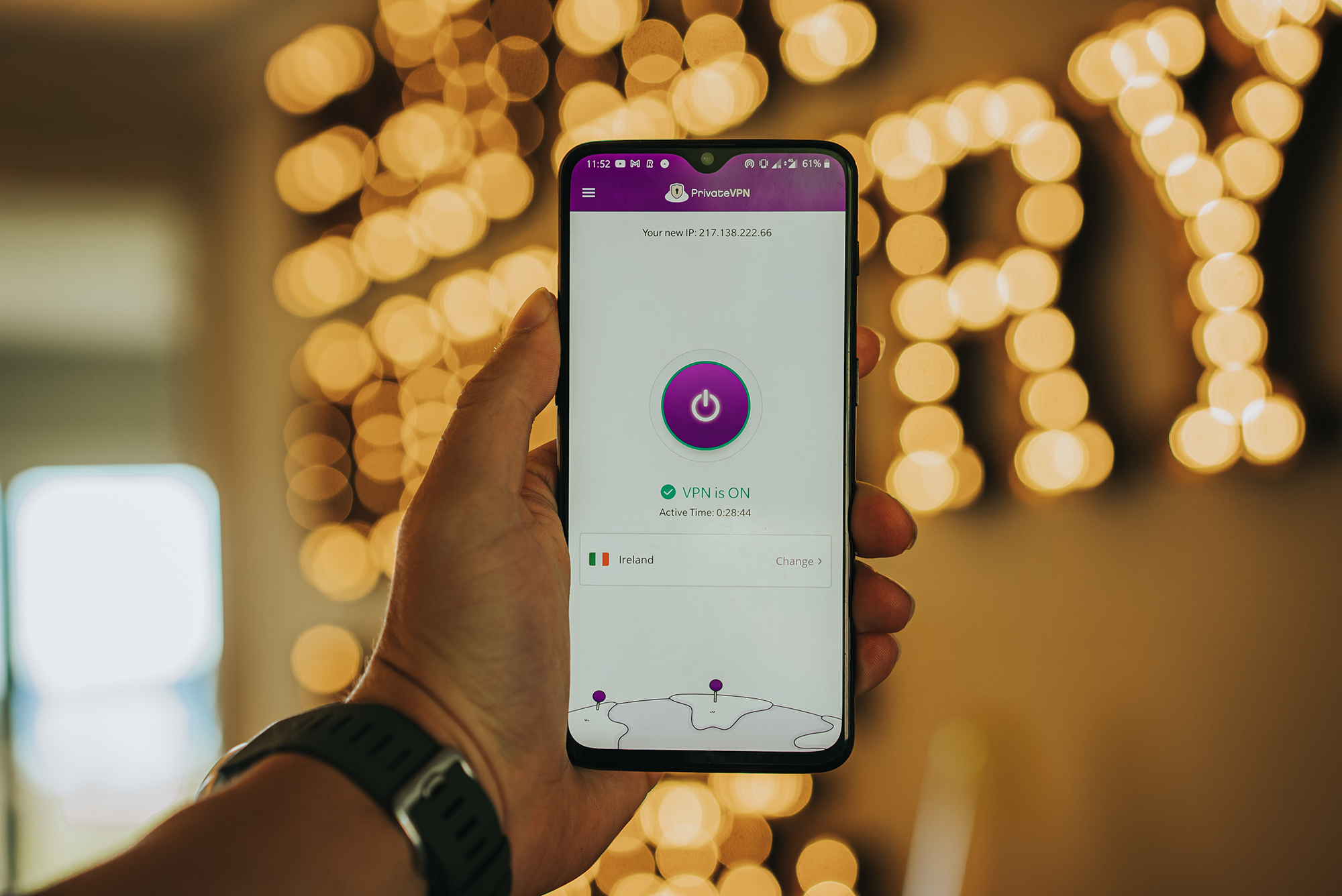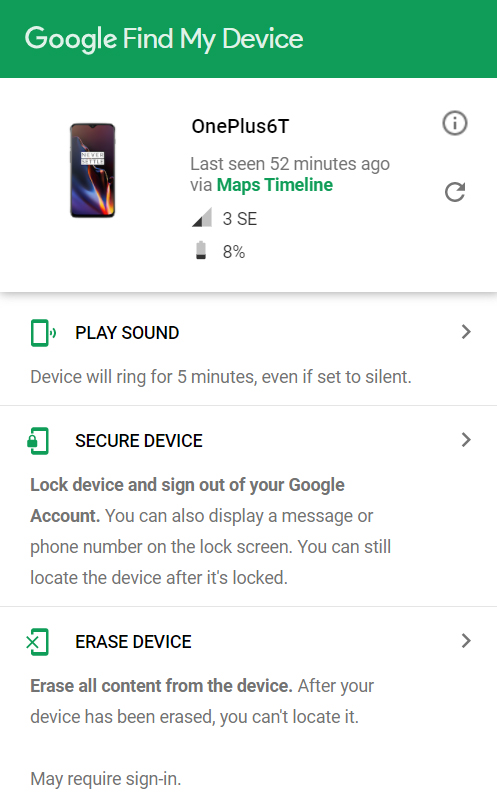The most valuable item you own? It’s the data on your phone. That’s why we’ve created this ultimate smartphone privacy guide for 2022. Your phone holds all the information one would ever need to find out everything there is to know about you.
...Your card details. Where you went. Who you texted. What you texted. How much time you spent on which platform. It’s all stored on your phone and some of that information can be accessed very easily. Especially if someone wants to access it.
...Unless you implement some smartphone privacy hacks.
GPS is one of the most useful tools ever invented, but it also allows for tracking of your every movement.
In fact, if you open Google Maps, you probably currently have a feature enabled that allows you to see your timeline of movements. Something that can be cool to look at, but something that kills privacy.
The same applies to NFC & Bluetooth.
The fewer things on, the fewer pieces of data to be collected or tracked.
If you don’t need it right now and looking for smartphone privacy, turn it off.

By simply turning your phone on to check the time, you can expose sensitive data to people around you.
Right now, if you just turn your phone on, without even typing in your password, your notifications will be on the show to anyone around you.
Sometimes that can be compromising info.
The biggest threat to your smartphone privacy? It’s when you are online. Most websites and apps collect the data you would not want them to collect if you ever read the terms and conditions before accepting. But then again, sometimes you don’t even have a choice in that matter. You either don’t get privacy, or you don’t get to use the app.
The solution? A VPN.

VPN which stands for a Virtual Private Network allows you to use the internet while maintaining privacy.
Not only can you make it look like you are somewhere else masking your online identity, but you can also protect yourself from big threats such as whenever you use public Wi-FI.
You might be asking what is wrong with public Wi-Fi. The answer? That public Wi-FI is very poorly protected, especially when it doesn’t come with any passwords.
That means that someone with even little experience can breach into such a public network that you are connected to, and then with a few tools, easily collect sensitive data from users whether that is passwords or card details.
The catch? That not all VPN services allow you to protect your smartphone privacy. Most importantly, forget about free VPN services. Whenever something is free, you need to ask yourself what you are paying with instead. When it comes to free VPN services, in most cases, privacy, because let’s not forget, running a VPN service costs a lot of money, and no company is a charity.
And that’s where PrivateVPN comes in as a VPN service. Not only does it come with military-grade 2048-bit encryption, the highest of its kind, making it just about impossible for someone to access your data when you are connected to public Wi-Fi, but it also comes with several other built-in privacy features such as IPv6 Leak Protection & a Kill Switch feature which will kill your internet in an event that a VPN was for some reason to stop working.
A PrivateVPN account works on up to 6-different devices at the same time, and offers servers in over 70 locations, allowing you to look like you are somewhere else in, without actually being there.
...And if you ever need any help or have some questions regarding the service, PrivateVPN comes with award-winning customer service.
When you install an app, you often need to give it permissions.
Sometimes when in a rush to open an app you might give permissions for it to access certain things you wouldn’t otherwise let it access.
After all, why does an app that has nothing to do with your contacts need permission to access your contact list?
In the event, your phone gets stolen or you lose it, there is something that can be done.
Both on Apple and Android devices you can enable a remote emergency wipe that would prevent the other user from accessing your data.
How do you enable it?

To play sound for 5 minutes, to lock it and sign out of Google accounts until you find it, or to erase all the data from it.
In your case, if you have sensitive data, you will probably want to go for the emergency wipe, however, note, that if you do that, you won’t be able to access the location of your phone anymore, if you even were able to do it in the first place (there are perks and cons to privacy.)
Once again, you will get several options as far as what you can do. Like on Android devices, you will get an option to carry out the emergency wipe, but once again, know that if you do that, you won’t be able to see the location of your phone anymore.
These are some of the most important smartphone privacy laws in 2022, but not the only ones.
There are a few given ones. Never download apps from untrusted sources. Not only is it illegal if the app originally costs money, but also since you download it free of charge, there might be a hidden catch. For example, someone might have put some extra code into the app that tracks something that the app otherwise wouldn’t.
And there are also some tips that we didn’t mention because they don’t apply anymore. Like for example, phones these days come encrypted out of the box.
Written by Michael Smolski.